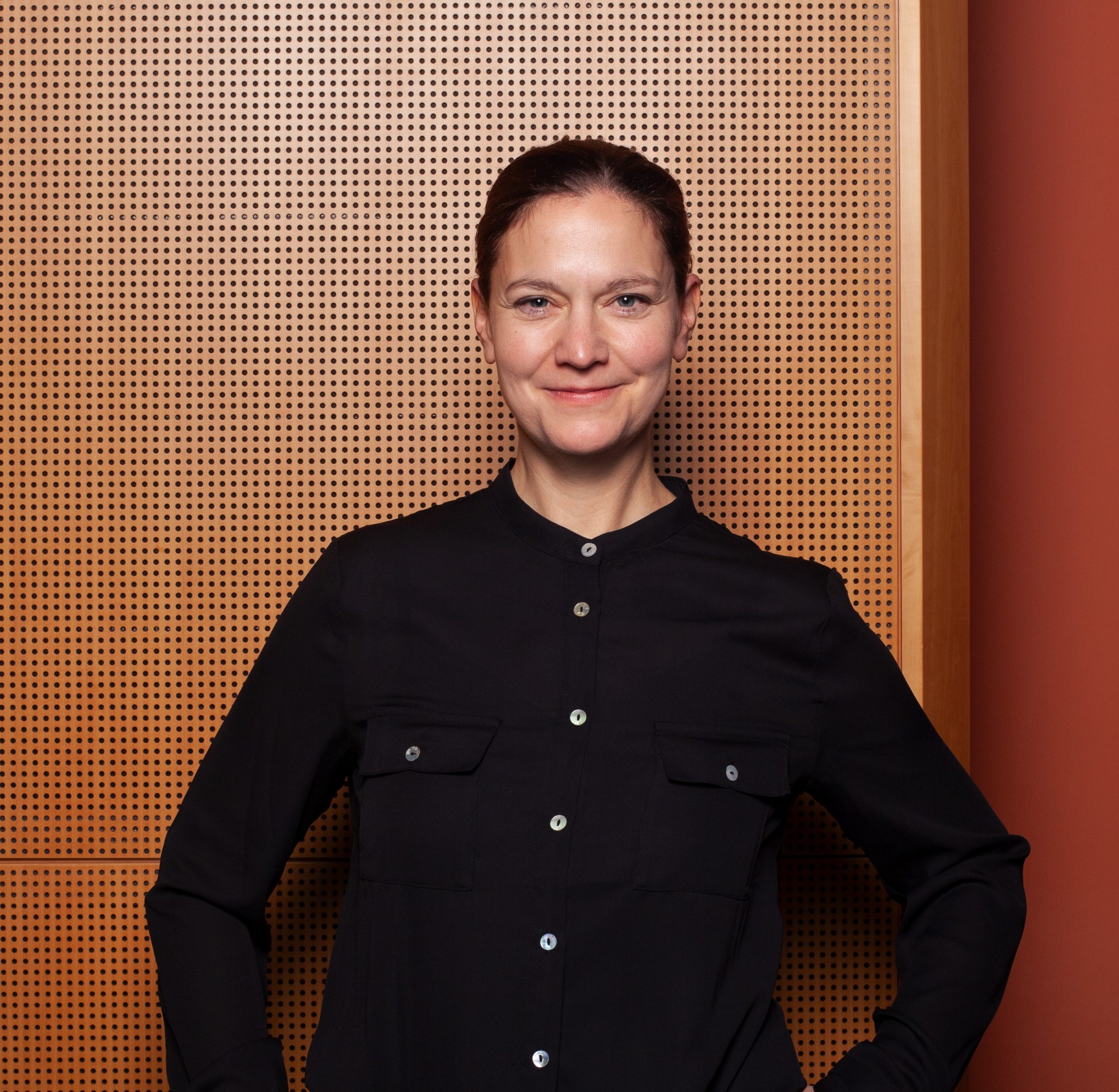About the Course
Reservoir quality in clastic lithologies is governed by the rock composition and diagenesis, controlling the development of porosity, pore surfaces and pore connectivity. This short course provides an overview of applied clastic diagenesis and its control on reservoir quality in sandstones, relating to exploration, production, and storage of fluids and gases in the subsurface (O&G, geothermal, CCUS, H2 storage). The course is aimed for students, PhD students, and professionals within a geoscience-related discipline who wish to learn about the fundamentals of clastic diagenesis in relation to reservoir quality and contains practical exercises using the microscope.
Aims of the Course
- Learn about the classically applied tools and workflows in clastic diagenesis
- Learn the light microscopic recognition of the main detrital and diagenetic components
- Develop an understanding of realistic diagenetic processes, their relative and absolute timing and their effect on reservoir properties (n-value, Sw, petrophysics, formation damage)
- Assess reservoir quality differences and their causes
- Learn to use physical and chemical rules to distinguish diagenesis myths from realistic diagenetic processes in order to build data-based diagenesis models
